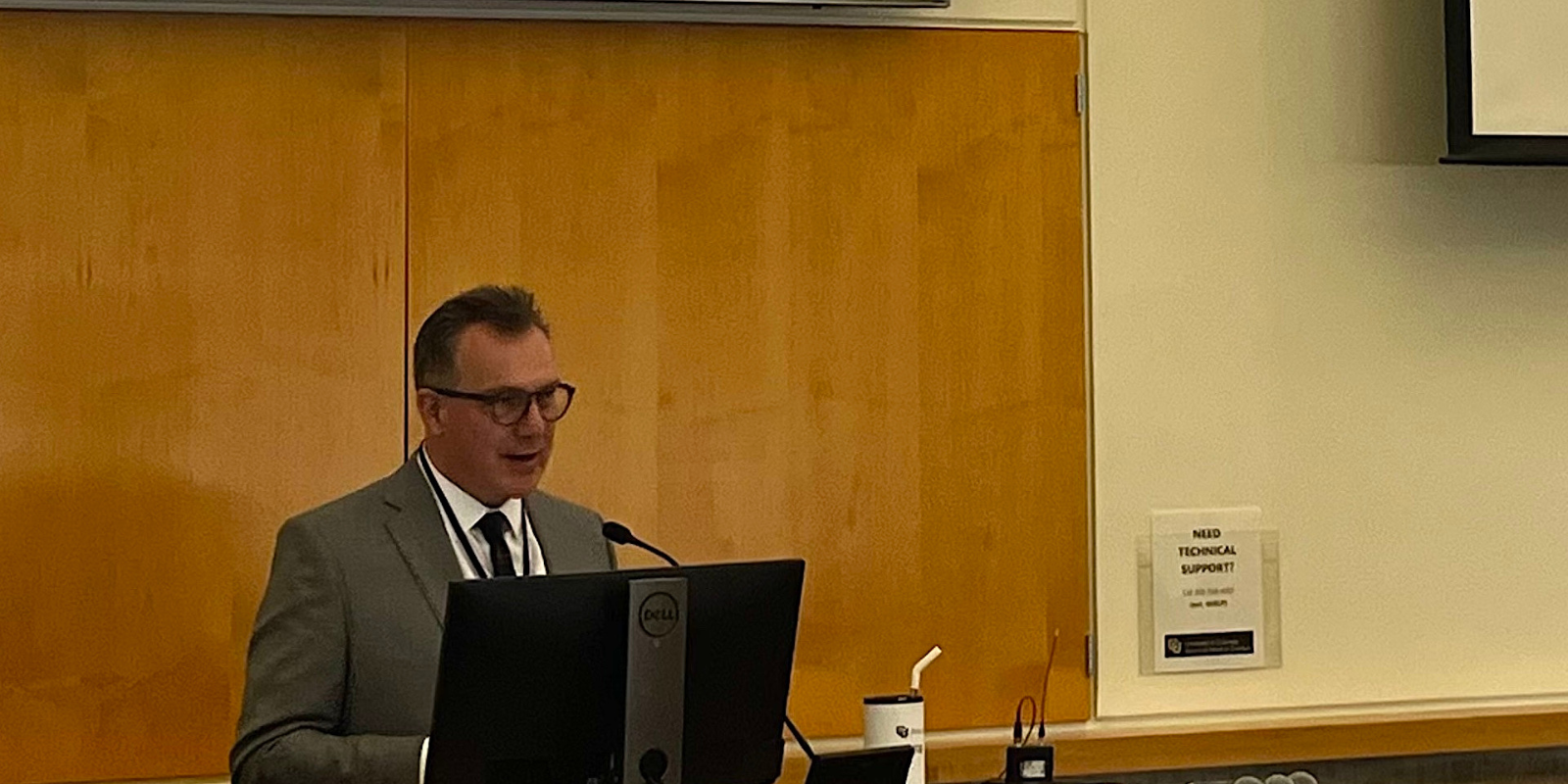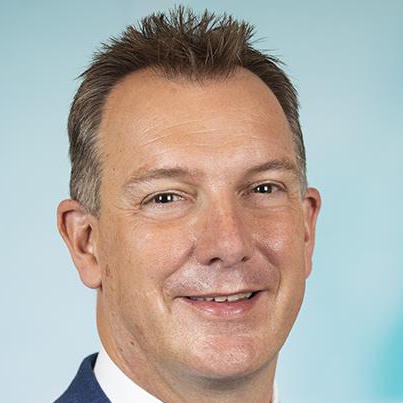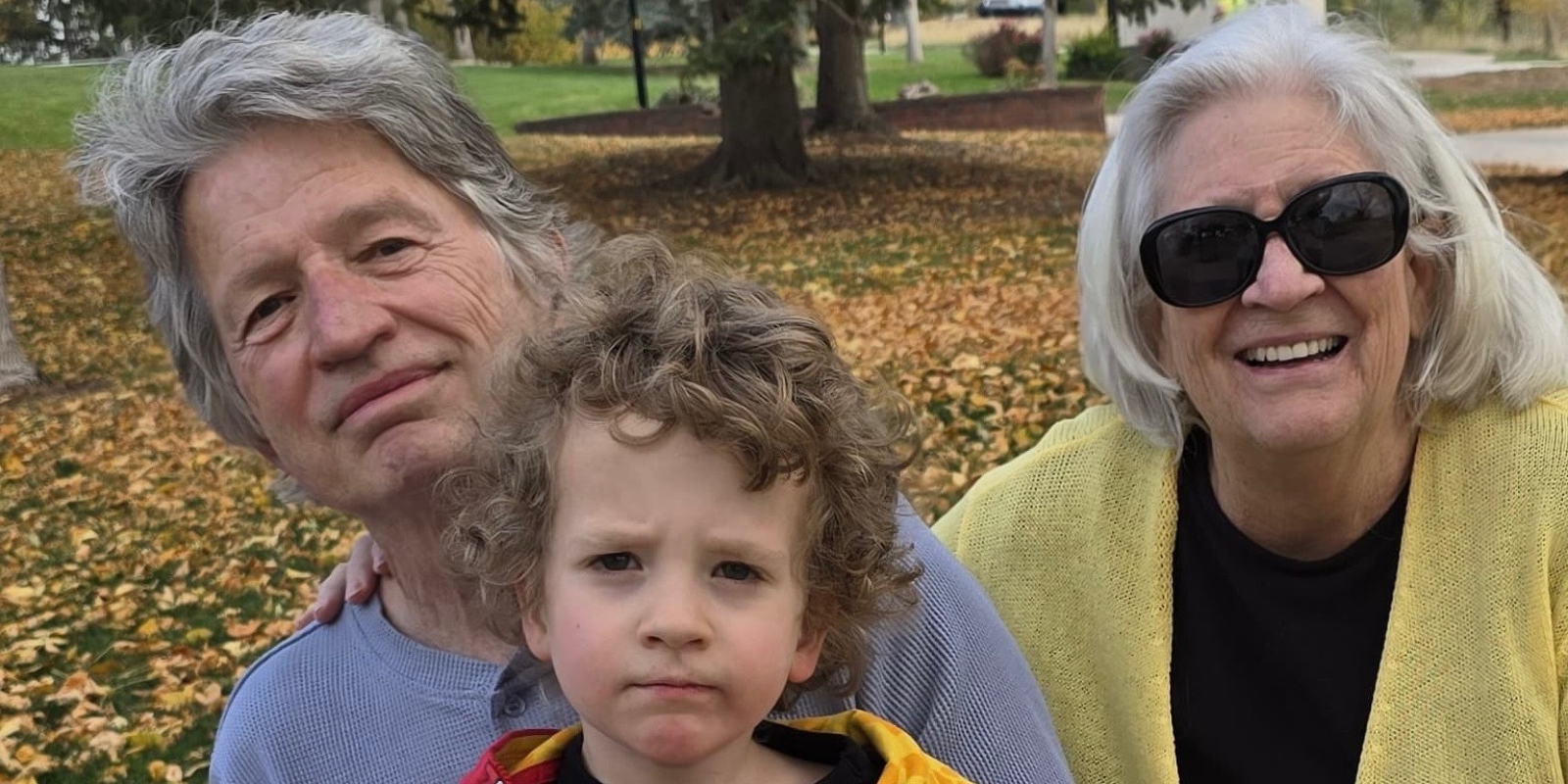What was your primary goal with the Bridging the Gap conference?
There were a couple. One was to showcase the work people are doing in this area. We had people presenting their individual posters from their departments about some of the things they are doing, which was great. We also wanted to hear what people were struggling with, and some of the ideas they have come up with to overcome barriers. We included some more informal components, because we wanted people to network and form some linkages within their own specialties or between their specialties and others, to facilitate transition across the campus.
At what age do you start to talk to younger patients and their families about the transition to adult care?
At Children's Hospital Colorado, we try to begin these conversations, at the very latest, by the age of 14. We work to move people into adult care in their early 20s, so it is not a rushed process. In fact, it’s very much the reverse of that.
What is the hardest part of transition, from the patient’s standpoint?
One of the things patients really struggle with is that they have formed this amazing bond with their pediatric team since they were tiny, so there is a lot of trust, a lot of knowledge of each other, and then, at some point, there is a need to break that, or to change that.
We do a lot of work to help kids and families prepare for that, but it is still really hard for them. We cannot change the fact that an adult environment is going to feel different from a pediatric environment. People who are very used to a pediatric environment often find an adult environment more challenging. The feel of it is naturally different. They are often a bigger institution, and there may not be some of the personalization of care that they've been used to. There is a lot of work across the campus from leadership to try and make those moves as seamless and as comfortable as possible, but it is still a real challenge for patients who are in the middle of it.
How important is it for the pediatric providers and the adult providers to stay in touch and share information?
It is very important that pediatric and adult providers maintain that relationship. Because no matter how many similarities there are, there will always be differences between pediatric and adult practice, in almost every specialty. There will be complexities that pediatric providers encounter where they want adult provider advice, and vice versa. It is important for people to work collaboratively, to operate as co-surgeons in certain cases, or to have collaborative case reviews for complex medical cases.
How do patients’ families play a role? Is there a need to back them off a bit when this transition happens?
For many patients, parents have been the key decision-makers as they have gone through their pediatric care. What we are trying to do, for every patient that is able, is for them to become independent in their own health care. And there are different challenges in that. There are kids who do not want to do that; there are adults who do not want to relinquish their role in their child’s health care. That is what we work toward with transition planning.
There are various tools to do that, where we start to learn about a young adult's understanding of their condition, their treatment, and how they are going to ask questions and make decisions about their condition and their treatment going forward. Gradually, as time goes by, they become more and more autonomous so that it becomes more comfortable for a parent to step back and say, “I'm going to let you run this part,” but they can still be available if needed.
Is there anything new that has come up in your work in this area, in terms of tools or solutions that are different from what you've encountered in the past?
What we are getting better at, in terms of research and understanding in this area, is the importance of the patient voice. In urology, this is a relatively young specialty, because, historically, many patients did not survive into adulthood. There was not the need for someone like me, because the patient population did not exist. Initially, the focus was on surgical outcomes, but as we go further down this road, we are understanding the importance of patient fears, the impact of treatment on patients in the long term. Not just from a medical point of view, but from a psychological point of view. Are there things we need to consider and look at building into future care programs?
How did it feel to co-create and run this conference and see the interest in transitional care from across campus?
I left the conference feeling really enthused. I'm enthused about my job and my work, and I feel very lucky to do it. I felt that by having that conference, we discovered a widespread energy that people wanted to tap into — people are keen to develop their practices in this realm, and keen to learn from others about it, too. I hope by doing this, we can harness best practices in lots of different areas and that individual practices can learn from each other so that their own transition programs get better. I would like to thank the team that made this happen and all those who gave time to join the meeting.
Featured image: Dan Wood, PhD, MBBS, FRCS Urol, speaks at the Bridging the Gap conference in February.





.png)
.png)